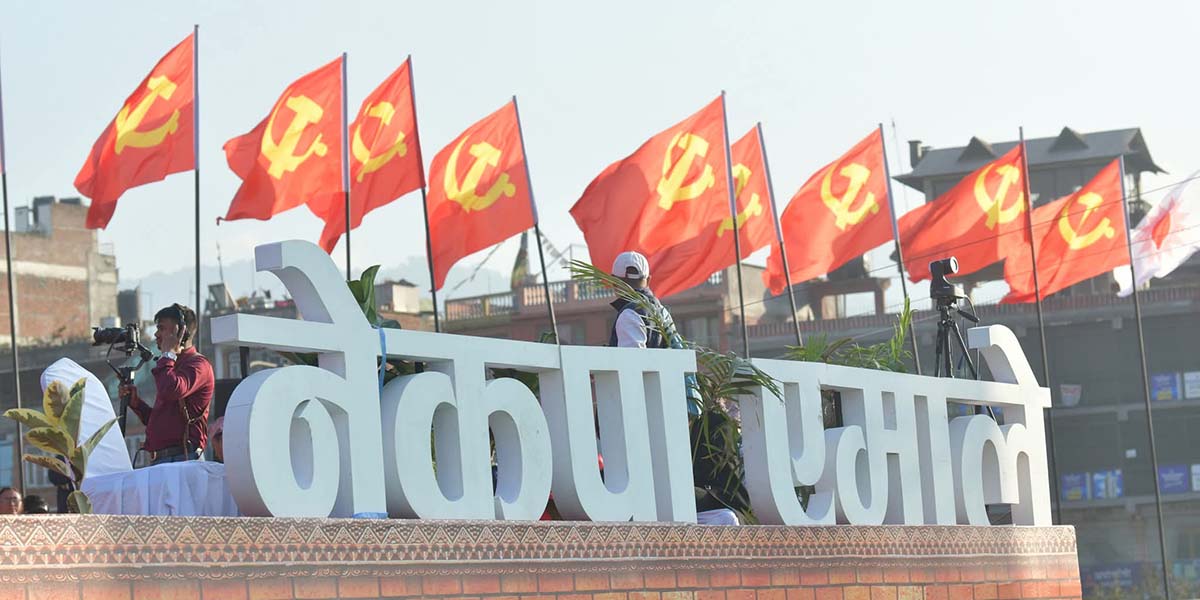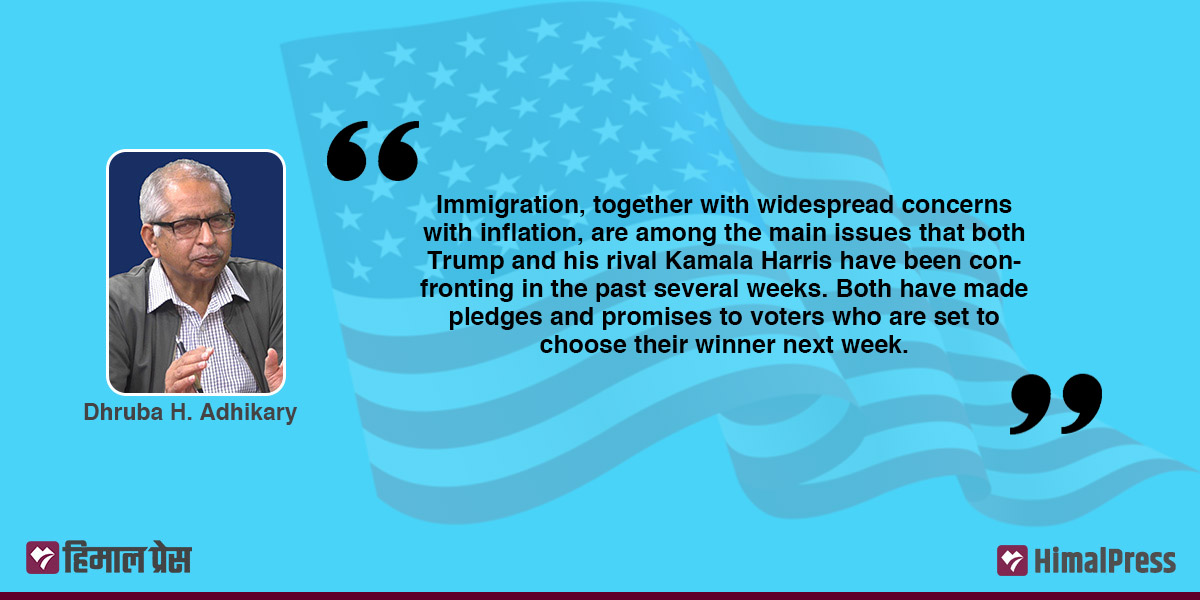
Immigration, together with widespread concerns with inflation, are among the main issues that both Trump and his rival Kamala Harris have been confronting in the past several weeks. Both have made pledges and promises to voters who are set to choose their winner next week. If elected, Harris will create history by becoming the first female president of the United States of America. She has plans to implement schemes aimed at addressing grievances of the middle class —such as affordable healthcare, housing, job opportunities and grocery prices. Her commitments are far more important than her being the first woman to govern the world’s most powerful nation.
Reverberation
While domestic issues ranging from women’s rights to economic woes continue to dominate the election agenda, observers and commentators are insisting that effects of change in the White House reverberate worldwide—whether or not such a change draws unqualified applause. In other words, foreign policy matters too are crucial if not a decisive factor. After all, America cannot abandon its commitments to democracy, human rights and other concomitant values even if these are not universally shared in a rapidly shifting political and social environment.
The era of unipolarity with the US dominating the international agenda appears to be over. China and Russia are working in tandem through BRICS, SCO and other similar platforms offering alternative world order. However, both China and Russia cannot pretend to be indifferent to the developments taking place in Washington, especially in these trying times. Each considers the others as formidable competitors if not outright adversaries.
Likewise, America’s partners and allies too have a palpable stake in the measures to be taken by the White House. Hence leaders as well as rulers in Europe and countries in Asia, Africa and the Americas are bound to be ever watchful and alert. Member-states of the European Union are sure to be keen about how the US deals with them—individually and collectively.
North Atlantic Treaty Organization (NATO) is yet another powerful bloc with security responsibilities for an alliance led by the United States. The costly wars in Ukraine and Israel-Gaza have lately augmented the anxiety across the board. If Trump is elected, his actions (and inactions) will inevitably remind what he thought or did during his first term in office (2017-21). His firm opinion on the cost-sharing proposition annoyed several NATO members. His pronouncements were often sudden and contradictory. Trump’s publicly-taken positions alienated such close allies as Japan and South Korea. His closeness to Vladimir Putin and North Korea’s Kim Jong Un, on the other hand, offered ammunition to his critics.
Adjustments
Delhi, Canberra, Ottawa,
He often posted Tweets to hire and fire high-level officials without required scrutiny or consultations at the required level. There were occasions when even his confidential staff and advisors got embarrassed because of his Tweets which were at variance with the declared government policies, including those handled by either the State Department or the Pentagon.
In his 2018 book titled ‘FEAR–Trump in the White House’, award-winning journalist Bob Woodward has given vivid descriptions of how flippantly Trump took decisions even on matters that are vital for America’s security interest. In fact, Woodward has drawn a conclusion that Trump was “an emotionally overwrought, mercurial and unpredictable leader”. The incidents and anecdotes Woodward has cited in the book justify his conclusive remarks.
The situation is more complex now. In her recent article in Foreign Affairs, Nadia Schadlow sums up the emerging scenario in the following words: “If Trump returns to the White House, he will step into a more hazardous geopolitical arena than the one he left four years ago.”
If he does not alter his working style this time, complications are bound to increase making it difficult for him to keep the situation under control.
Undoubtedly, the people of a powerful country expect a strong leader. This is more so in the case of the United States which seeks to lead whatever can still be called the ‘free world’. In this context, which of the two candidates in the field is equipped with qualities like sobriety, decisiveness and predictability? It should be Kamala Harris. A seasoned politician, Governor Tim Walz, is her running mate. Since early 2021, she has worked as President Joe Biden’s deputy and has learned a lot from him who, in turn, possesses invaluable experience in public life spanning over half a century. Earlier, Biden himself was vice president under Barack Obama. Together, their background sharply contrasts with that of Donald Trump who was a businessman until he ran for presidency in 2016. Besides, he is seen as a candidate for billionaires.
Preferences
Incidentally, one Asian media outlet, The Diplomat, has run a survey of 13 countries to find out their preferences for the next president of the United States. Among the Asia-Pacific countries chosen for the study, Australia, a US ally, appeared comfortable with Harris. “Were Harris to win the election, Australia would be highly relieved,” read the conclusive bit of the report. It would be easy to work with her. She represents stability. Trump is someone who can create chaos.
The other 12 countries selected for the study include Bangladesh, China, India, Indonesia, Japan, Kazakhstan, Pakistan, the Philippines, South Korea, Uzbekistan and Vietnam. Japan and South Korea prefer to work with Harris. Bangladesh is ambivalent; to China, stability seems to be the preferred path. To India, despite cultural linkages, Harris is a less welcome partner while Pakistan would have a soft approach to the Harris administration.
Finally
Should these emerging trends serve as an indication, Asia stands to favor a new president for the United States. Political stability is considered a basis for sustainable progress. Conversely, instability is always a source of chaos and disaster.


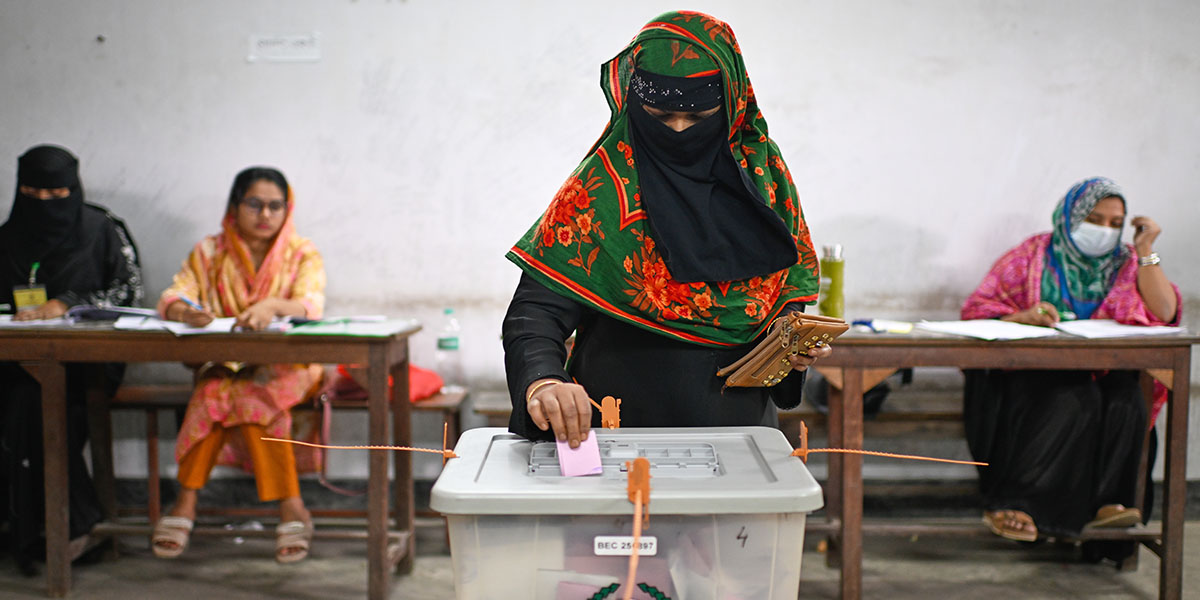

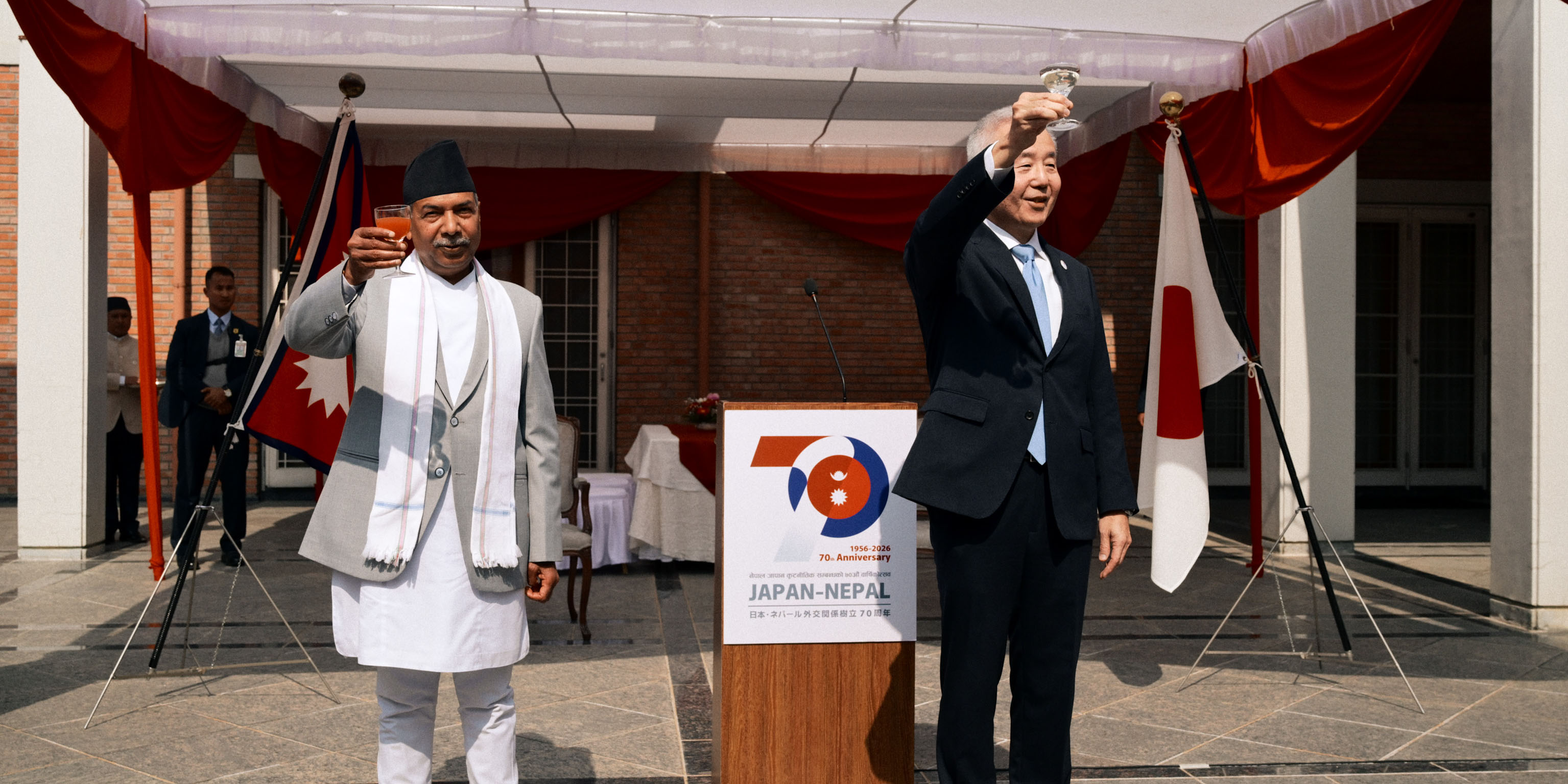
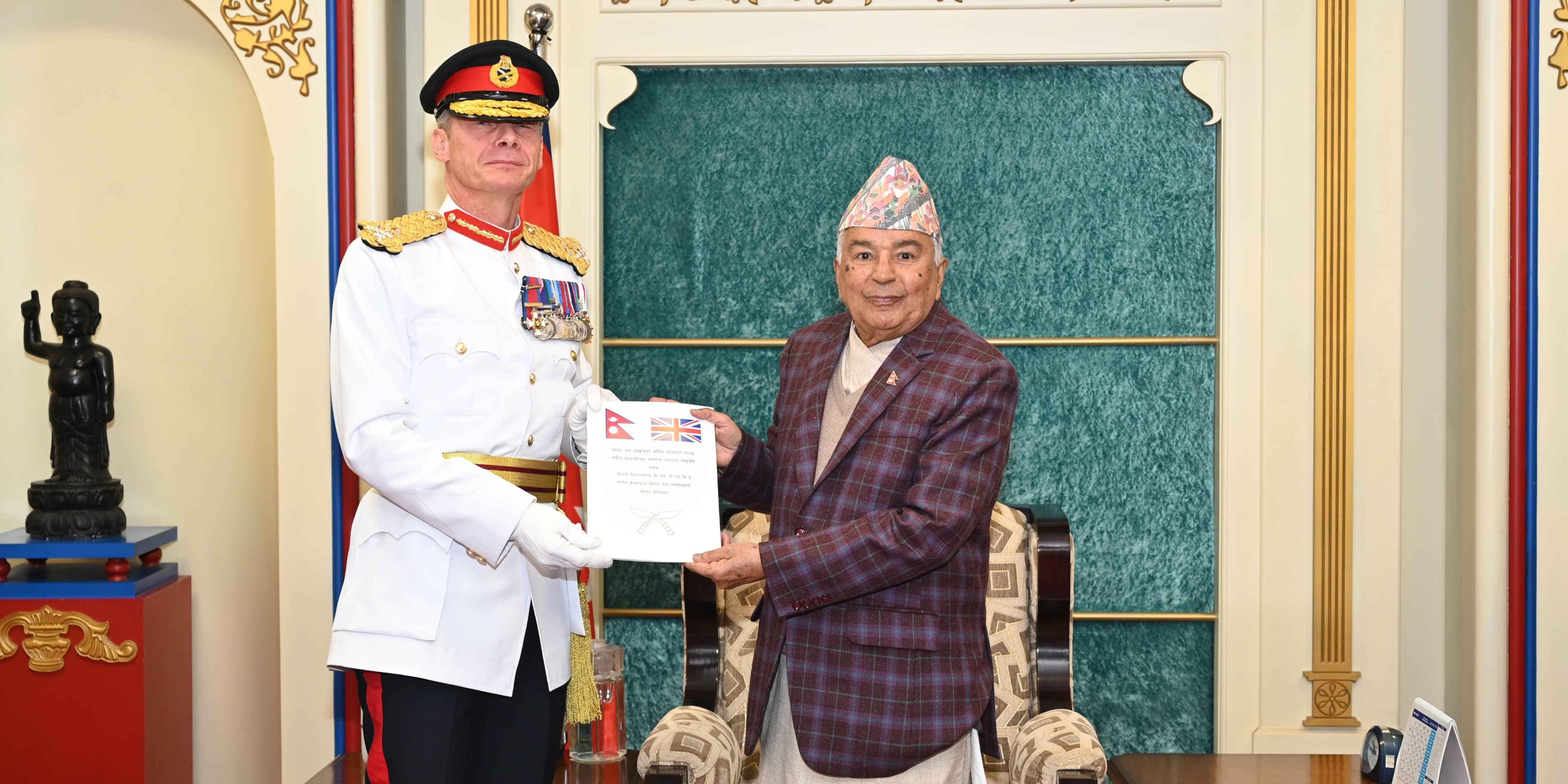

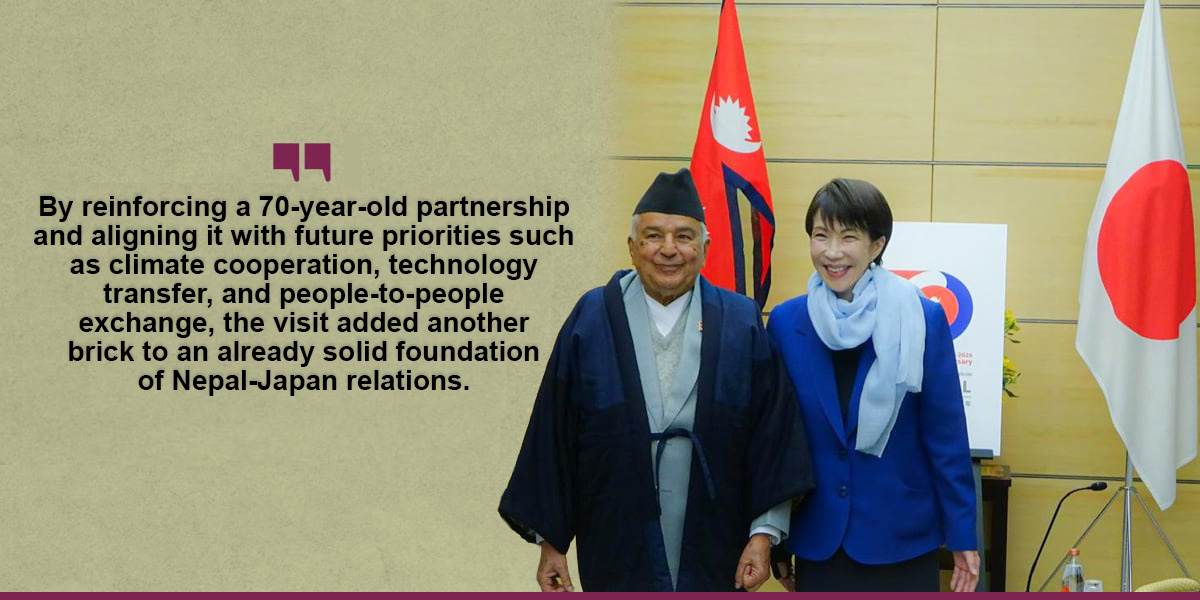

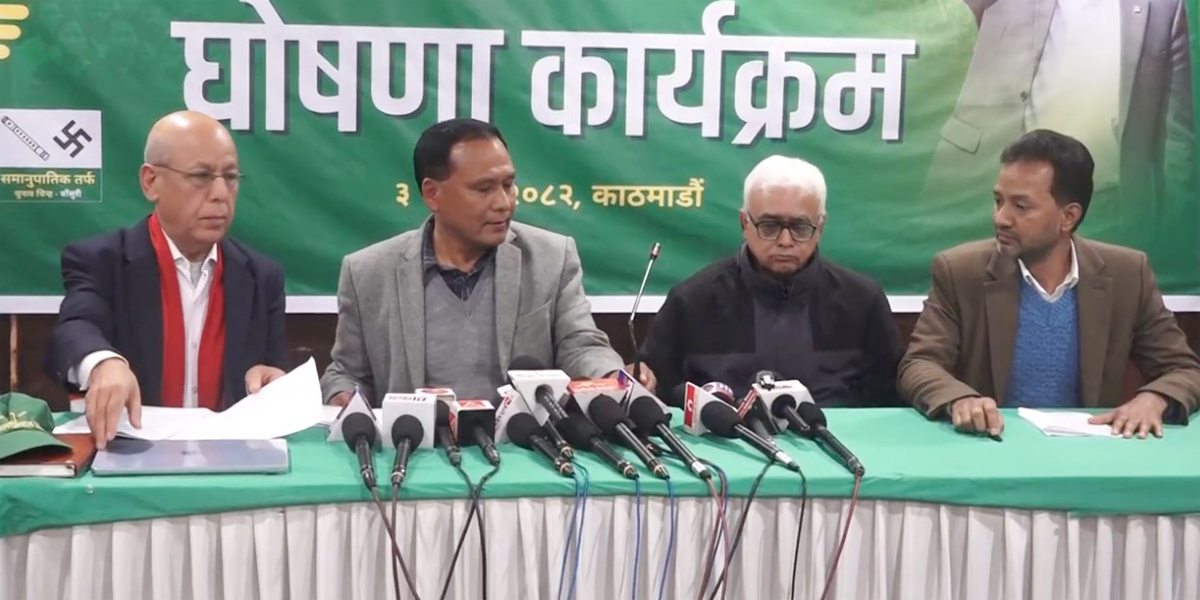

![Maha Shivaratri being celebrated across the country [With Pictures]](https://en.himalpress.com/wp-content/uploads/2026/02/HRB_KTMImage2026-02-15at7.37.40AM1.jpg)
